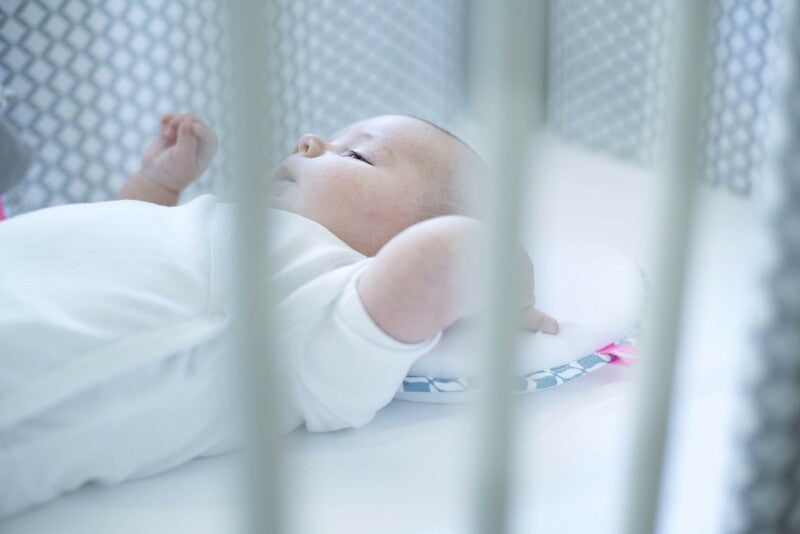Yellow discharge in pregnancy: when to worry?
All women have to deal with vaginal discharge, especially during menstruation, ovulation and pregnancy. Yellow discharge in pregnancy, like white discharge, is completely normal and physiological and can be a symptom of the first few weeks of pregnancy. Their presence, therefore, does not necessarily indicate the presence of a genital pathology or infection but simply a physiological loss related to pregnancy. It should therefore not arouse any fear or concern for the expectant mother and fetus. However, this does not rule out the need to be careful if these losses are associated with other symptoms. Although they are often asymptomatic, they can in fact be related to other symptoms that indicate an acute infection or pathology of the vaginal region.
In these cases, it is important to contact your doctor and gynecologist to understand the nature and cause.
Yellow discharge in pregnancy: what they are and causes.
Yellow discharge, like white discharge, is common especially in the first days of the menstrual cycle and in the first months of pregnancy. In these cases they can present themselves with a thick and gelatinous consistency.
The yellow discharge in pregnancy is to be considered a natural phenomenon usually caused by the surge of hormones and the alteration of the vaginal pH. In fact, in these we speak of vaginal leukorrhea a completely normal secretion when expecting a baby.
When to worry
When the yellow discharge is thick or frothy, odorless or foul-smelling, accompanied by burning, redness, and vaginal itching, it could be an ongoing infection. In some cases, blood loss may also occur.
It will therefore be essential to contact your doctor for the diagnosis and prescription of the appropriate treatment. To make the diagnosis, the doctor will give the patient a swab test.
Causes not to be underestimated
In some cases, yellow discharge in pregnancy is attributable to bacterial or fungal infections, such as Ureaplasma urealyticum bacterial vaginitis, inflammation from sexually transmitted diseases, such as Chlamydia or gonorrhea. Other causes are cervicitis, vulvovaginitis.
If it is a fungal infection, "yeast infection" can be diagnosed due to excessive consumption of this element, present in carbohydrates and simple sugars.
Yellowish discoloration can also be a symptom of cervical erosion, caused by the presence of an ulcer on the cervical tissue near the cervix.
The causes of the phenomenon, however, can also be traced back to bad habits. Examples are the use of underwear or clothing that is too tight or synthetic, poor intimate hygiene, the use of soaps and products that are too aggressive that alter the pH of the mucous membrane.
How to cure yellow discharge in pregnancy
Yellowish vaginal discharge can be a non-pathological symptom but it is always good not to underestimate their manifestation, especially if they are associated with other symptoms. Treating yellow discharge in pregnancy is crucial. Once the diagnosis of the cause has been obtained from the doctor, you can proceed with the drug treatment or simply by changing your hygiene habits and clothing.
Especially in pregnancy, colorful and tight underwear should be avoided. Wearing jeans and pants that are too tight can also create a humid environment in the vaginal area that facilitates the formation of bacteria and pathogenic fungi. Panty liners should also be avoided for the same reason. Instead, it is preferable to change underwear often.
Yellow losses in pregnancy: natural remedies
In case of vaginal infections, even during pregnancy, we can intervene with natural remedies, but always and only after consulting a doctor.
Mother nature has made available to man medicinal and healing herbs and plants that have anti-inflammatory, antiseptic and soothing properties.
In case of yellow discharge during pregnancy we can prepare decoctions or infusions to drink or with which to wash. These natural treatments can also be performed twice a day, as needed. It will be the trusted herbalist to suggest the use and preparation. Among the herbs and plants that lend themselves to this purpose are white nettle and lavender with which you can prepare decoctions or infusions to drink, while with chamomile we can perform intimate washes.
Dear mothers, after reading our article we advise you to take a look at our Luxury Kids site.






Leave a comment